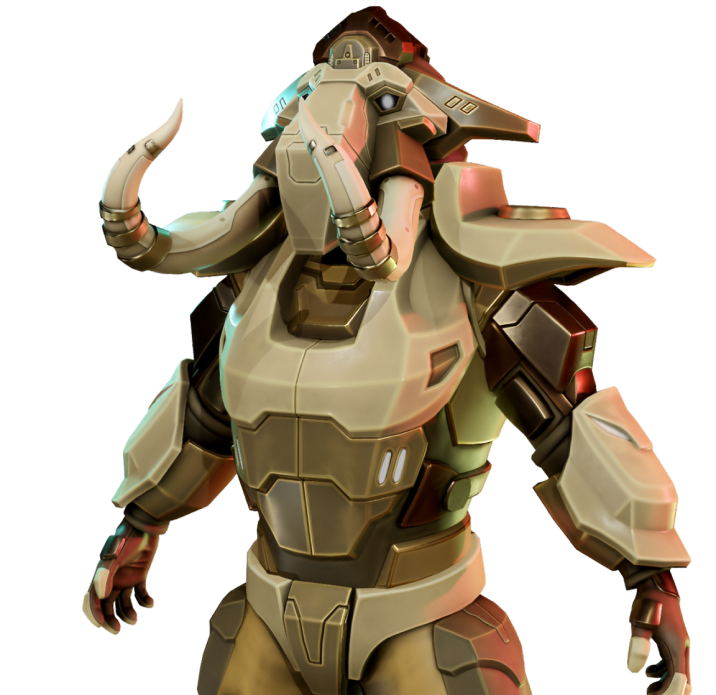Preparing yourself for a career in gaming?
Who doesn’t love Games? imagine being a part of a million dollar game and having the credits go-on with your name on it! Fascinating, isn’t it?
There are very few career options as exciting as the gaming industry right now because technology is advancing at a breakneck pace and our ability to create more immersive and creative gaming experiences is skyrocketing. It’s important to keep in mind that, although it is an entertainment industry, a career in gaming requires hard work and dedication – just like any other job.
However, the best thing is that working in gaming is much more fun than any other job in the world. Its working atmosphere is liberal and lucrative. Actually, game developers are most welcome in developed countries because the future depends on creativity. I sincerely hope our young generation can enjoy it, with all the available talent of technology and arts.
Before we dig deep into the fun part of this industry, let’s look at the prerequisites needed within this space.
Qualification & Expertise
Programming:
If you are a newcomer, a degree is definitely going to be worth, especially if you are looking to dive into mainstream games. Also having knowledge of multiple programming languages will serve as a huge boon. To begin with, get a Bachelors Computer science degree or an equivalent degree/certification.
Most companies look for candidates with a solid educational background and passion. People that carry along 3-5 years of experience in the industry can probably get by without a degree, as long as they have worked on striking projects. What unites all game developers is a passion for making games, and this is pretty much the number one requirement.
There are plenty of jobs and freelancing opportunities available in the market, however, finding the right one can be tricky. Simply match your skill-sets to the required skill-sets of the job role and you should be there. Self-evaluate your professional goals to that mentioned in the JD — you wish to work on AR projects but have been taken up for a 2D job role, this isn’t something you’d enjoy.
Quality Assessment:
You can actually be paid to play computer games all day. If you spend most of your time doing that anyway, it may be the perfect career move.
QA or Quality Assessment AKA Game Testing sounds like the most fun job in the world theoretically; however, it is a lot of work. It’ll be your task to catch any issues or bugs in the game early enough that they can be fixed; and, as such, there’s a lot riding on your shoulders. Still, there’s a sense of satisfaction in knowing that you’re responsible for the perfection of the game.
You would need a degree in Computers to qualify for this job profile.
Design:
Design/art for games is a fundamental component in the making of great games. Game designers are the heart and soul of each character. There are plenty of subsidiary disciplines to choose from within the design field starting with art direction, to animation, to VFX and the list goes on!
The possibilities are limitless – all you need is creativity and self-driven motivation to bring virtual worlds to life in a variety of different ways.
As design encompasses such a variety of fields, it’s hard to pin down what you might exactly need. If you can visualize the concept or story into a picture, it is concept design. Animation and 3D modeling are always in demand as well. If you can identify your area of interest, it will be easier for you to plan your course towards a relevant career path. Basically, a bachelors degree in art & animation will be needed.
Marketing & Communication:
There’s everything from PR to marketing, and many others including customer care and service. As such, working for a game publisher affords you a certain freedom when trying to optimize your path – all you have to do is build up skills and experience that would get you a job across a variety of industries. You’d need a bachelors/ masters degree in marketing & communication.
Create a Portfolio
If you’re a determined game developer, designer or a marketer Y’all must put in a lot of time into exploring the community and participating in the discussion boards or forums. This will help you align your thought process to that needed for the job role you’d wish to be employed on. There are companies that look out for talent on community sites like Dribble, Behance, GitHub, Stack Overflow etc, that’s why it’s a perfect way to get your work seen by game studios, which can help you build industry connections and could even lead to a job offer.
Stop lurking, and start posting. Engage with the other participants on the boards, many of which are professional game developers looking to hire somebody new. You might just end up with your first job in games.
Build Connections
This is going to help you as a job seeker, initially and on a long run. Like-minded people tend to get connected well and with the presence of social media sites like LinkedIn, you get a chance to e-meet professionals across the globe.
Do not panic if you know none in the game development industry, begin researching on game events, fairs, and conferences in & around your locality. Visit and participate to start building your own network.
Connecting with the right people and gaining the right connections should never be underestimated, no matter how long you have been in the industry, or if you have just started.
Be consistent, and don’t give up!
Getting a job in the video game industry isn’t going to be easy. You might feel like you’re banging your head against the wall -– you might be disheartened with rejection. We’ve all been there. The key mantra is to learn, implement and upgrade your skill sets, be consistent and you will see the
It doesn’t feel great to have your job application turned down. But just remember that you have to fail before you can succeed – each rejection brings you another step closer to landing your first game job.





Leave a comment